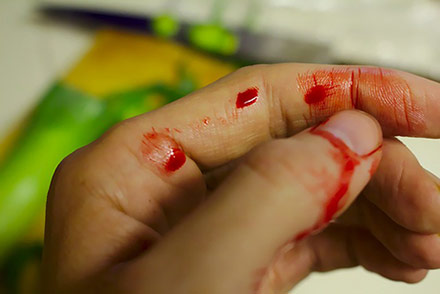If you understand the possibilities surrounding the different periods of time in which you could become pregnant, then you are more likely to know the best period for conception. This article aims to help you better understand the possibilities of getting pregnant after ovulation as well as how to calculate your most fertile days.
To begin with, there is always a lot of confusion among women when it comes to the question of whether or not pregnancy can occur after ovulation. This led to the common question of: can you get pregnant after ovulation? For this reason, it is important for you to understand your ovulation times and your menstruation pattern.
Ovulation is actually a part of the menstrual cycle and it involves the release of a mature ovum or egg from the follicle into the fallopian tubes. This typically takes place around the fourteenth day of a regular twenty-eight day menstrual cycle. When the ovum is released, it is available for twelve to forty-eight hours for fertilization by a mature sperm, before it starts to degenerate. This will be the most fertile time of your cycle and your highest chance of conceiving during ovulation.
The luteal phase, which is the latter part of the human menstrual cycle, usually lasts for twelve to sixteen days in most women, and it determines the period of ovulation in the menstrual cycle. The exact ovulation time may vary in your cycle, even if your menstrual cycles are always regular. This happens because ovulation could be delayed by many factors, including diet, illness, stress, or increased physical activity.
So Can You Get Pregnant After Ovulation?
The answer is yes. It is possible for you to get pregnant only for a short time period after ovulation. As mentioned above, when an egg is discharged from the follicle, it will be available to be fertilized by sperm within a twelve to forty-eight-hour period. Furthermore, cervical mucus sustains sperm and so the sperm is able to survive in your body for up to five days. In most instances, sperm will be waiting inside the fallopian tubes and can fertilize a mature egg right after it is released in ovulation. Sperm that is both healthy and active generally takes about six hours after ejaculation to go from the cervix into the uterus and then into the fallopian tube to join up with an egg for fertilization. As a result, it is possible for you to get pregnant one to two days after ovulation.
If you have been trying to conceive, you are advised to have sex before ovulation. It is best to do so during this time as your chances for conception will increase because the sperm is deposited into the cervix and will have an opportunity to get fertilized as soon as the egg is released. Bear in mind, though, that this will not limit your ability to conceive after ovulation. As a matter of fact, your chances of conceiving will depend only on when you ovulate and how you time this with intercourse. Since the ovum has twelve to twenty-four hours before it starts to disintegrate, there is still a small chance that the sperm coming from your partner can fertilize your egg for a very short time after it is released in the fallopian tubes. It is also worth mentioning that the likelihood of getting pregnant in this manner will decrease dramatically by how distant you are from ovulation.
How You Can Calculate Your Fertile Days and Ovulation
In order to calculate your ovulation time, subtract the length of the luteal phase from your cycle length. For instance, ovulation will take place on day sixteen of your cycle if it lasts for twenty-eight days and the luteal phase lasts for twelve days. The following section highlights other ways in which you can do the calculations:
This is another example of how to use the date. You might know that you are most likely to conceive around fourteen days before your next period starts. If you have a twenty-four day cycle, ovulation can come as early as day ten. If your regular cycle lasts for thirty-four days, ovulation will be about day twenty.
Another tactic is to check for signs. For this, you could check your cervical mucus, cervix height, basal body temperature, and you could even perform tests at home to determine ovulation.
Again, when you are ovulating, an egg can be available for twelve to twenty-four hours for fertilization. Sperm can survive for three to five days in your body, so if an egg is available for a day, then your most fertile time would be five to seven days.
After reading the above information, you should hopefully have a better understanding about ovulation and pregnancy. If you want to get pregnant, you could try having sex any time close to ovulation to improve your chances. It will also help greatly if you chart your ovulation pattern and keep track of your cervical mucus. There are additional resources available, if you need more information on this topic.



